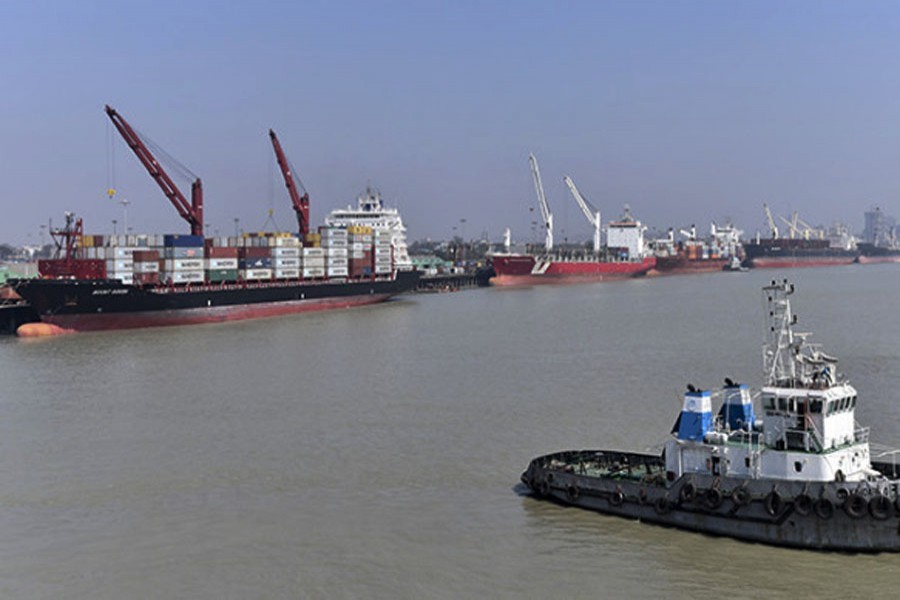The news that a Taka 51.50 billion project has been finalised for the upcoming port of Payra must inspire everyone looking forward to Bangladesh's advancement. It comes as a further bit of fresh air when so many other ventures are also being undertaken around the country. Although one or two important ones are falling behind schedule, the hope is that everything will be straightened and greater speed generated in their implementation. The proposed construction of a multipurpose terminal at Payra with three large berths of varying lengths for handling general cargo, sand and grains should come as a boost to the whole facet of development efforts. Other associated work of building power stations and road-networks and bridges will give an aura of a great leap forward in an otherwise left-behind area of the country. If the proposed Payra Port Project is completed within 2022, as has been said, nothing can be more satisfying to the economic soothsayers than this new outlet of the nation's trading entrepôt. By current projection, it will surpass all other ports of the country in the next one decade in handling of twenty-foot equivalent units of containers. The power stations so necessary for a port of this magnitude will add to the national grid, thereby enhancing electricity generation further.
Payra is the future port of Bangladesh considering its location on land that looks like the proper bridgehead of entry towards the heart of the country. Its unique position makes one feel nostalgic of the past that we spent without knowing the real worth and advantage of this place. If it was prioritised earlier, development could take a different path. We do not, however, yet know for sure whether it will be a deep seaport proper, as was announced about a decade ago. This should be clarified as soon as possible, or otherwise foreign investments and local people's business calculations would not find direction. For mother ships to ply inside, continuous dredging of a lengthy stretch of the river Payra, on which the port is located, will be necessary. Even taking that it will be another port like Chittagong, Payra does not lose a bit in terms of importance with mother carriers anchoring outside and lighterage doing the final bit of work.
However, Payra's operational advantage lies in its location nearer the heartland areas of Bangladesh. Add to it the Padma Bridge factor, which once completed with both multi-lane roads and train lines, promises to make Payra a dream port of a lifetime come true, if connected properly. Then, besides the core areas of Bangladesh and its northern districts, Payra port will fascinate traders of Bhutan and Assam of India. It is no wonder that India has come forward with a credit-line of over Taka 44 billion for the current Payra Port project. If things go on well, China's southern provinces may someday find in Payra a seaward opening. As garments manufacturers and exporters in this country demanded a few years ago, the port must be connected expeditiously with the Padma Bridge networks. The port nonetheless is naturally connected with navigable rivers that lead to the great trio of Bangladesh waterways of Padma, Meghna and Jamuna. We welcome the latest initiative on Payra Port and urge the concerned authorities to ensure its earliest completion with the most economic use of funds available for the endeavour. We wish godspeed to the newly undertaken project's accomplishment.


